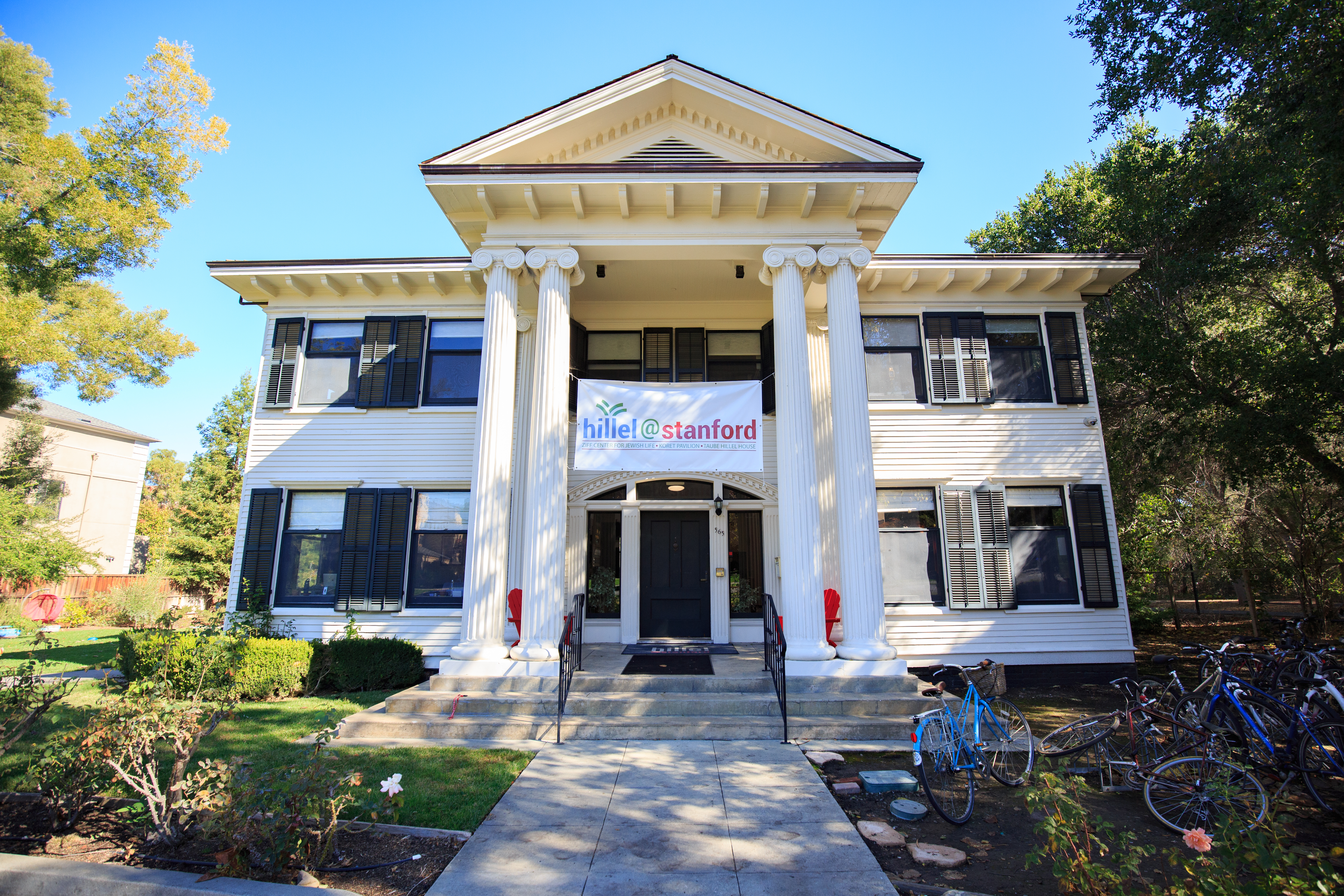We write to you as Stanford Jewish alumni who have been closely monitoring with great concern the discourse on campus regarding Hamas’ terror attack of Oct. 7 and Israel’s military response to those atrocities. We write to ensure you know that, as Jews who are part of the Stanford family, we stand in solidarity with you in these challenging times.
As Stanford students, you should be able to count on finding supportive learning and living environments that prioritize your physical safety and mental well-being. If you choose to, you should be able to identify proudly as Jewish on campus, in class and in your dorms and houses. You should have the right, if you wish to exercise it, to engage in civil discussion about Hamas’ atrocities, Israel’s response to them, the Israeli-Palestinian conflict or Israel’s existence in general without fear of physical harm, antisemitic insults, bullying, dehumanization and social ostracization, whether from fellow students, faculty or staff. Stanford should be a place where all students — Jewish, Muslim, Christian or any group — are able to experience kindness, compassion, respect and understanding that we should all expect of one another.
Where Stanford’s policies on campus discourse and its regulation of speech on campus fail to reflect these principles — or are applied inconsistently or unfairly — then they should be changed. Where Stanford fails to provide you with the resources you need to be safe from intimidation, threats and bullying, or to help you cope with what we can only imagine is an extremely difficult time to be Jewish on campus, then the University must act to ensure that Stanford remains a place where you can learn, grow and experience all that Stanford has to offer. Please know that many of us have already communicated our disappointment to the administration and that we will continue using our voices as alumni to advocate for you as Stanford students.
In the days and weeks ahead, we encourage you to seek community or other support networks you want and need, whether that be through the Jewish (Hillel and Chabad), University (Office of Religious and Spiritual Life) and/or other resources on or off campus. You can also reach out to the Stanford Jewish Alumni Network if connecting with Jewish alumni might prove beneficial. Wherever you turn, please know that we have your back, will remain vigilant and will continue to monitor the campus conversation, in the hope and expectation that, in time, you are again comfortable calling Stanford your home away from home.
We are circulating this letter more broadly and expect the list of signatories to grow. We pray that you will find comfort and support as you deal with the horrific atrocities of Oct. 7 and all the events that have followed, including on our campus. As you find your own path forward, know that you are not only in our prayers, but also at the top of our minds.
Pamela Brewster MBA ’87
Cody Harris ’00 J.D. ’07
Dr. Tmirah Haselkorn Ph.D. ’04
Dr. Martin Kenigsberg ’74 M.A. ’74
Sharon Kenigsberg M.A. ’80
Robin Kennedy ’68 J.D. ’78
Steve Lazarus M.S. ’70 Ph.D. ’79
Zohar Levy ’22
Ethan Orlinsky ’86
Hovav Shacham ’00 Ph.D. ’05
Matan Shacham ’05
Robert Smith ’77
Michael Weis ’86
Jane Farkas Wolk J.D. ’91
Oded Wurman ’05 M.S. ’05
